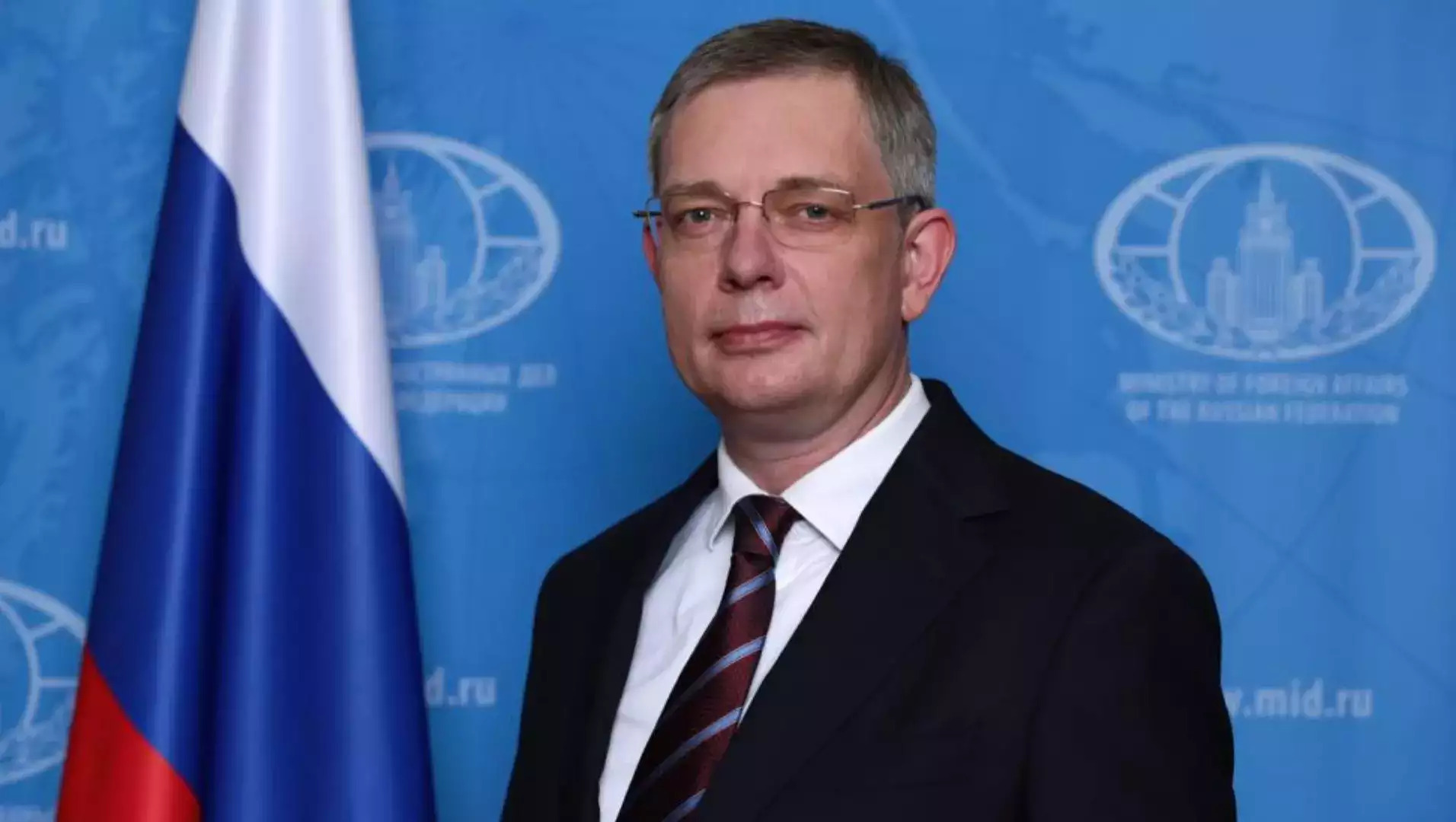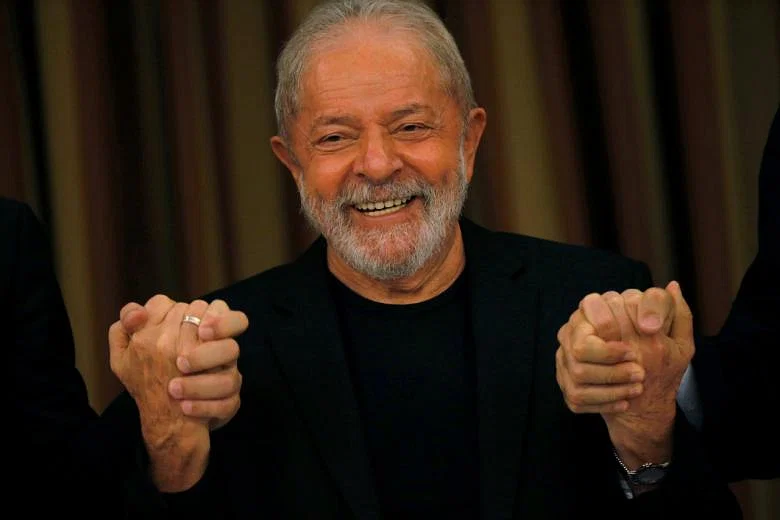Russia is giving Lula’s most passionate supporters a much-needed reality check in the politest way possible by rubbishing his G20-like peace proposal via its Ambassador to India’s latest indirect dismissal of it as not being serious nor in alignment with Moscow’s interests.
The most passionate supporters of newly re-elected and now three-time Brazilian President Luiz Inácio Lula da Silva, popularly known as Lula, have praised his G20-like peace proposal from late last month as a potential game-changer for resolving the Ukrainian conflict.
In their eyes, his prior comparison of Russia’s special operation in Ukraine to the US’ Hybrid War on Venezuela doesn’t disqualify him from mediating this proxy war.
Still, it supposedly bolsters his credentials as a neutral party.
However, the Kremlin doesn’t seem to agree with that assessment, as was strongly suggested by one of its publicly financed international media flagships amplifying a former Donbas diplomat’s critical reaction to this proposal immediately before Foreign Minister Sergey Lavrov’s call with his Brazilian counterpart.

That first-mentioned official questioned the other parties that Lula’s proposal implied would participate in this process and concluded that he just wanted to generate international clout.
Quite conspicuously, neither side’s official readout of their Foreign Ministers’ call shortly after that indicated that they discussed this G20-like structure that the Brazilian leader earlier suggested.
Nevertheless, Lula’s most passionate supporters claim on social media that this idea is still supposedly a potential game-changer and that Russia is very interested in exploring it.
Yet, that country’s Ambassador to India implied that Moscow doesn’t take it seriously.
Denis Alipov spoke at a forum on Monday dedicated to bilateral ties when he touched upon the possibility of diplomatically resolving the Ukrainian conflict.
According to this high-level diplomatic official who serves in one of the world’s most important positions for advancing his country’s interests and is thus among its most knowledgeable representatives on Russian foreign policy, “not a single country has made a serious proposal or provided a tangible solution that meets Russian interests.”
He didn’t say it directly, but Ambassador Alipov implied that Lula’s G20-like peace proposal isn’t serious nor meets his country’s interests.
This interpretation of his words is predicated on the fact that he’d certainly have been aware of that highly publicized suggestion since it’s unrealistic to expect that he’s uninformed or out of the loop.
That being the case, there shouldn’t be any doubt that Russia rubbished Lula’s G20-like peace proposal and has no desire to pursue it.
This conclusion is the natural outcome of the three previously mentioned observations.
Lula’s unflattering comparison of Russia’s special operation in Ukraine to the US’ Hybrid War on Venezuela, TASS’ amplification of a former Donbas diplomat’s critical reaction to his idea, and the conspicuous omission of any indication that it was discussed during their Foreign Ministers’ latest call all led up to Ambassador Alipov confirming that no credible proposal for ending the conflict has thus far been made.
That, in turn, enables observers to conclude that Russia regards Lula’s G20-like peace proposal as a publicity stunt, exactly as that former Donbas diplomat claimed in his critical reaction amplified by one of his country’s publicly financed international media flagships ahead of their Foreign Ministers’ call.
However, the Brazilian leaders’ most passionate supporters will likely remain loath to acknowledge this since it goes against their dogmatic belief that he’s still a multipolar titan.
The “politically inconvenient” reality is that Lula recalibrated his multipolar vision since his imprisonment and nowadays is no longer the “multipolar revolutionary” that he was previously considered by his friends and foes alike to be.
No value judgment is being made about this observation regarding his newfound desire to balance between the US-led West’s Golden Billion and the jointly BRICS- & SCO-led Global South of which Brazil is a part at this pivotal point in the New Cold War.
All that’s being conveyed is simply the point that Lula has comparatively “moderated” his foreign policy from his prior two terms in office during the early stages of his third one, as evidenced by him putting forth a doomed-to-fail G20-like peace proposal that Russia just indirectly dismissed as a publicity stunt.
Those who refuse to accept this observation and continue clinging to the completely discredited narrative that his proposal is supposedly a potential game-changer are delusional.
That’s not surprising, though, since Lula has taken on the status of a cult-like figure among his most passionate supporters, who practically worship him as the leader of their “secular religion”.
He can do no wrong in their eyes.
He will always remain the “multipolar revolutionary” that many previously considered him to be, which is why they can’t bring themselves to accept that Russia isn’t interested in his G20-like proposal since it debunks the dogmatic basis upon which their worship of him is built.

To be sure, there are also those on the other side of the domestic political spectrum who similarly regard former President Jair Bolsonaro, which altogether testifies to the radical polarization that’s taken place in Brazil over the past decade.
In both cases, their most passionate supporters remain delusional.
They can’t accept “politically inconvenient” realities that humanize their idols as the fallible individuals they truly are instead of the “gods among men” they wish they were.
The takeaway in this context is that Russia is giving Lula’s most passionate supporters a much-needed reality check in the politest way possible by rubbishing his G20-like peace proposal via its Ambassador to India’s latest indirect dismissal of it.
The Brazilian leader could always reform his suggestion in the coming future so that it’s more serious and aligned with Moscow’s interests, which could thus generate sincere interest in it from the Kremlin, but whether he does remains to be seen.

